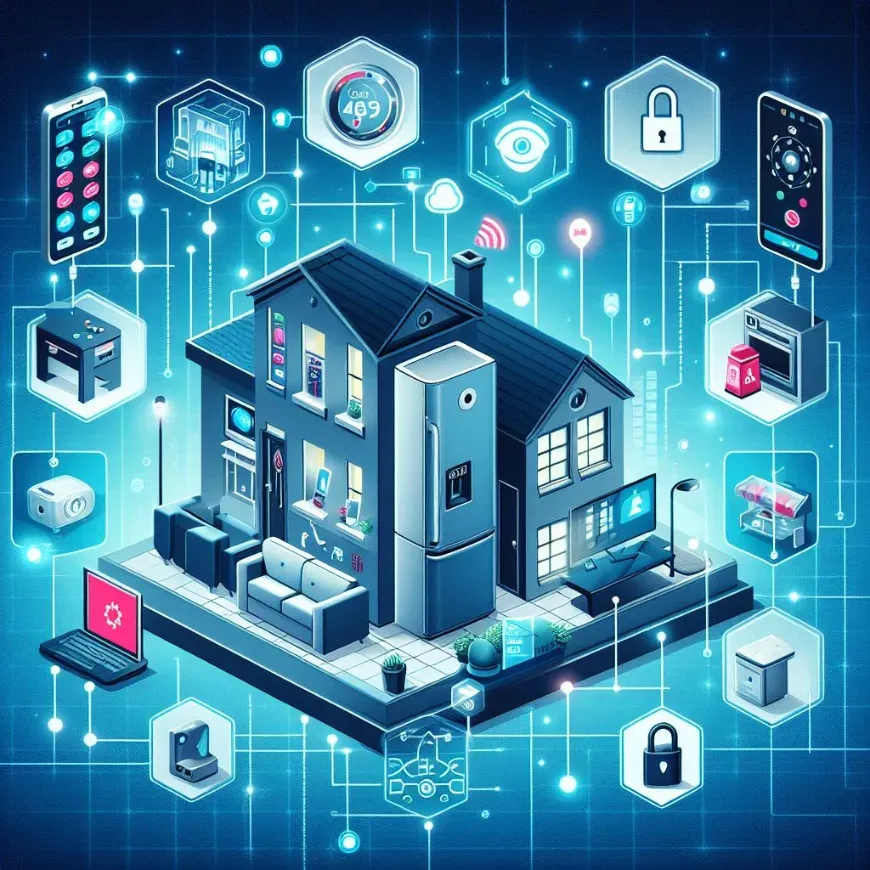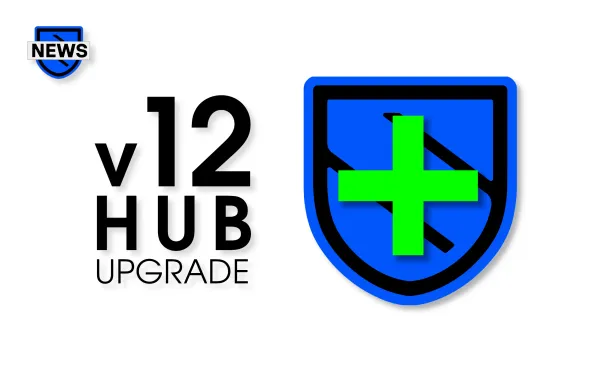Smart Devices: New UK Regulations and Why a dVPN Matters

The huge increase of smart devices—from TVs to thermostats—has transformed our homes. But these internet-connected gadgets expose us to serious cyber threats.
The recent enactment of the UK's Product Security and Telecommunications Infrastructure (PSTI) law marks a critical step toward bolstering smart device security.
While these stricter rules are welcome, understanding how a decentralized VPN can further enhance protection is crucial in today's connected environment.
The Need for Security: Beyond Convenience and into Resilience
Smart devices make our lives easier and add fun elements to everyday living. However, this convenience comes with significant risks. Hackers can exploit weak security on devices like baby monitors or smart doorbells and use them to spy on families or gain access to sensitive home network data.
The PSTI law is designed to combat these vulnerabilities. It mandates that manufacturers:
- Eliminate easily guessed default passwords: No more predictable “password123”!
- Facilitate easy reporting of security flaws: Creating a communication channel for responsible vulnerability disclosure.
- Provide transparency about software support duration: Informing consumers about how long their devices will receive security updates.
These regulations create a safer landscape for consumers, yet the need for individual vigilance remains paramount.
Why Decentralized VPNs Offer an Added Layer of Protection
Traditional VPNs (Virtual Private Networks) encrypt your internet traffic, routing it through a server to mask your true location and improve privacy.
They're useful, but they do have a central point of failure—the VPN server itself. If compromised, your online activities can be exposed.
Here's where decentralized VPNs (dVPNs) shine:
- No Single Point of Control: dVPNs operate on a network of nodes distributed around the world, avoiding reliance on a central server.
- Increased Resilience: Compromising a whole dVPN network is exponentially more difficult than breaching a traditional VPN provider.
- Enhanced Privacy: dVPNs often don't keep detailed logs of user activity, offering greater anonymity.
How dVPNs Work with Smart Devices
You can think of a dVPN in several ways:
- Protective Shield for Your Network: Many dVPNs can be configured on your home router, extending the encryption and security to all connected devices, including your smart gadgets.
- Selective Application: Some dVPNs allow installation directly on specific devices for targeted protection.
- Not a Replacement, but a Powerful Tool
It's essential to remember that dVPNs are not a substitute for the basic security measures mandated by the PSTI law. Think of them as an additional layer of armor in your cybersecurity toolkit.
Looking Ahead: Consumer Awareness and Responsible Design
The UK's PSTI law and the rising popularity of decentralized VPNs are positive trends.
These solutions, paired with informed consumer choices, are essential for a future where smart devices genuinely enhance our lives without compromising security.
As technology evolves, manufacturers must prioritize security from the outset and consumers must stay educated on the protective tools at their disposal.

P2P NEWS
Powered by the Sentinel Growth DAO
The community's most-trusted nexus for news coverage of the Sentinel Ecosystem and its applications, distributed infrastructure, and third-party contributors across the globe.
SUBSCRIBE
Telegram • X • Newsletter
What is Sentinel?
Sentinel is a peer-to-peer global bandwidth marketplace which powers both privacy-focused consumer products and development utilities. The most prominent of these usecases at present are decentralised VPN (dVPN) applications and data acquisition for the training of AI models.
🎓 To learn more about Sentinel, check out more of our articles, visit the project's official website, or read the documentation.






